- Learning time
- 10 minutes
- First play time
- 20 minutes
Kobayakawa
Designed by: Jun Sasaki
Kobayakawa is a simple bidding game with a dollop of luck and a side-portion of bluff and deduction.
The game is played over seven rounds. At the start of each round players are dealt a single card and the deck is placed in the centre of the table, with a solitary card (the Kobayakawa) flipped faced up. The cards are numbered from 1 to 15, and the players aim is to hold the highest hand at the end of the round. The twist is that the player holding the lowest card will add the kobayakawa to their score, and so can potentially end up with the highest hand.
Players also start with four tokens, with which to bet. Eight remaining tokens remain on the table – there to be won. Each round plays quickly, with players making only a couple of decisions.
On your turn you have three choices – you can take a card from your deck and look at it secretly, deciding whether to replace or retain your original card and discarding the one you don’t want. You can flip a new card from the deck and replace the kobayakawa. Or, you can sit pat and do nothing. After everyone has made their choices, the face-up card on the table will be the final kobayakawa for that round, and everyone now chooses whether or not to bet. If you don’t, you’re out of the round and don’t lose anything (but of course, you don’t win anything either). If you do, then you push one of your tokens in to show you’re “in”. Once everyone has chosen, cards are revealed: remember to add the kobayakawa card to the player with the lowest card before comparing scores! The winner takes all the bet tokens plus one from the central supply, and a new round begins.
On the seventh and final round players need two tokens to bet with, and correspondingly take the last two tokens from the supply if they win. The player with the most tokens wins the game outright.
Joe says
Kobayakawa is so pared down, if it were any more pared it wouldn't be a game at all. It takes slightly longer to play than I'd like, for what it is - and the win is often open to anyone in the last round, which makes you feel like the previous six rounds were a bit unnecessary.
The guru's verdict
-
Take That!
Take That!
None really, though it's possible to get mid-range cards throughout the game and feel you're in the hands of fate.
-
Fidget Factor!
Fidget Factor!
Very low
-
Brain Burn!
Brain Burn!
To play well you need to keep an eye on the odds of a particular card coming out. But there are only fifteen card in the whole deck.
-
Again Again!
Again Again!
If you like it, why not? It's fast and completely random.

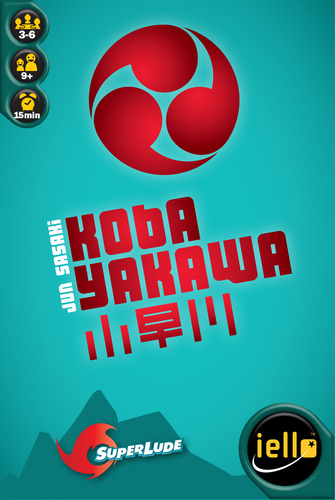
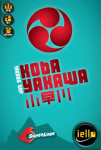
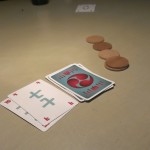
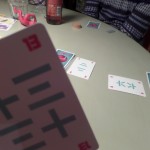


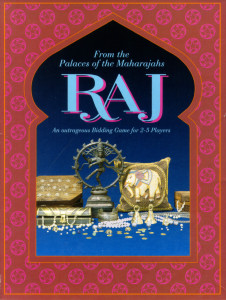
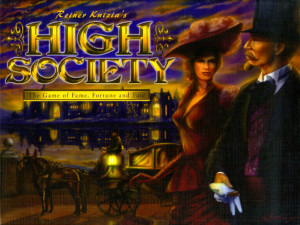
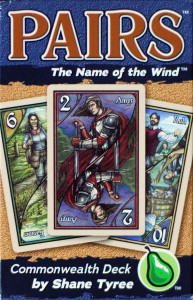
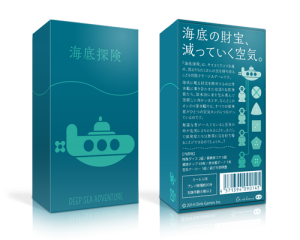
Sam says
Whilst Kobayakawa definitely offers opportunities for table-reading and bluffing, it's rather heavily luck-dependent for my tastes. I prefer something like High Society for bidding, and for a great combo of luck and tactics, the same designers' Deep Sea Adventure.